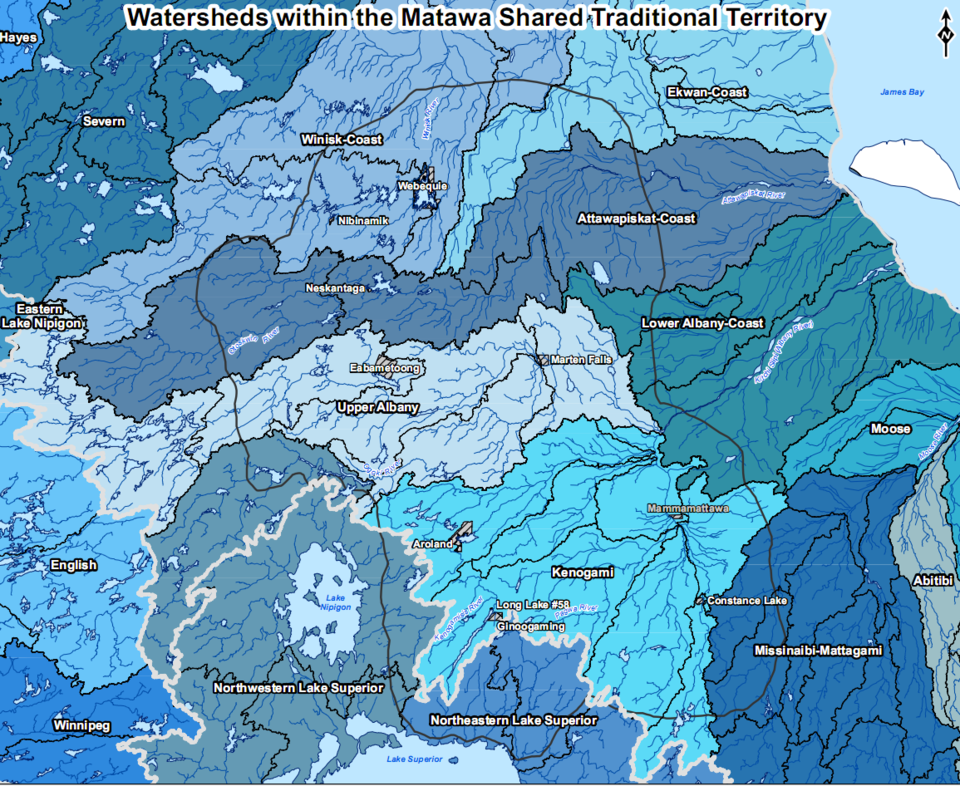THUNDER BAY — The nine First Nations of the Matawa Tribal Council will participate in a research project aimed at increasing their capacity to manage over 300,000 square kilometres of watershed within their traditional homelands.
The announcement was made Monday by Four Rivers Environmental Services Group, operated by Matawa First Nations Management.
The Matawa Water Futures project is a collaborative study being undertaken with Wilfrid Laurier University. Lakehead University and Laurentian University researchers are also supporting the study.
Four Rivers said the watersheds in the traditional territory stretching between Lake Superior and the Hudson Bay Lowlands are largely untouched by development, and for the most part there are no conservation authorities or watershed management plans in place.
MWF will be funded for three years by Global Water Futures, the world's largest university-led freshwater research program.
According to the announcement, the program is working to address urgent and growing water quality issues for Indigenous communities.
GWF's goal, it said, is to deliver risk management solutions—informed by leading-edge water science and supported by innovative decision-making tools—to manage water futures in Canada and other cold regions where global warming is changing landscapes and ecosystems.
The MWF project, Four Rivers stated, is part of Matawa's "nation building process returning to the governance and continued protection of the water."
Sarah Cockerton, the manager of environmental programs, said up until now there has been no opportunity for Indigenous people and western science to consider together how watersheds can be protected "through a model that places the values, priorities and traditional knowledge of Indigenous peoples at the forefront."
Sir Wilfrid Laurier Professor Terry Mitchell, director of the school's Indigenous Rights and Resource Governance Research Group, said the project has regional and national potential "to decolonize water science."
